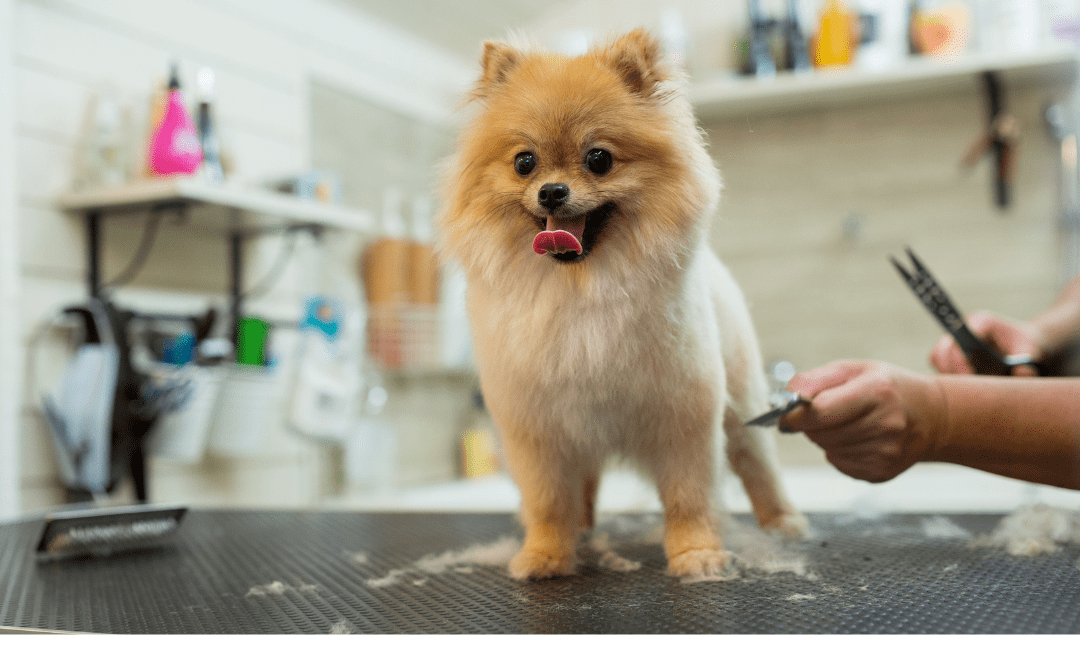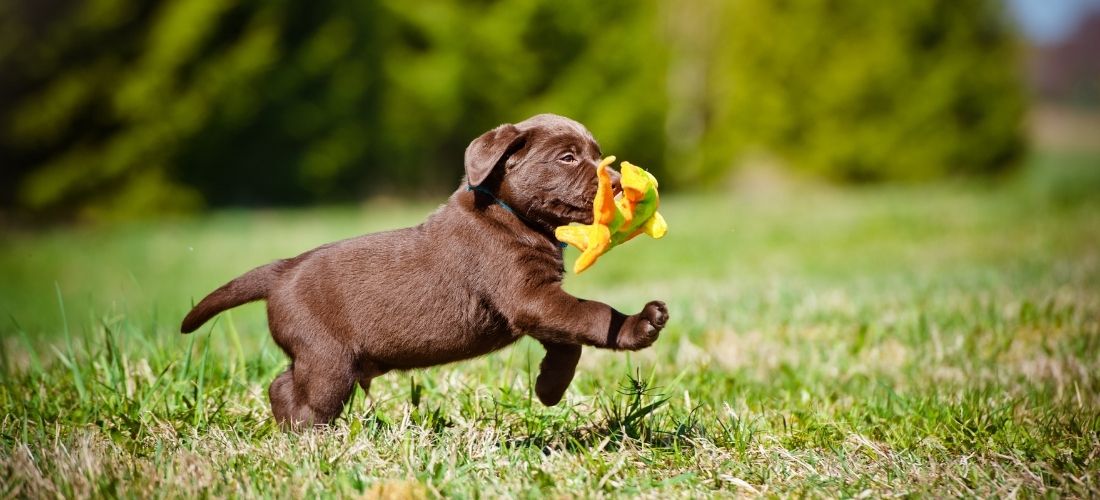|
Nutrition: Tailored Meals for Your Purebred Puppy Your puppy's diet plays a crucial role in their overall health and development. Purebred dogs may have specific nutritional requirements based on their breed, size, and age. Here are some key considerations for feeding your purebred puppy:
Grooming: Keep Your Purebred Puppy Looking and Feeling Great Grooming is essential for your puppy's hygiene, appearance, and comfort. The frequency and type of grooming will vary depending on your dog's breed, coat type, and lifestyle. Please see our breed specific grooming tips here. Here are some grooming tips for purebred puppies:
Training: Establish a Strong Foundation for a Well-Behaved Purebred Dog Training is essential for ensuring your purebred puppy grows into a well-behaved, sociable, and obedient adult dog. Start training your puppy as early as possible, using positive reinforcement techniques. Here are some training tips for purebred puppies:
Exercise: Promote Health and Well-Being Through Regular Activity
Physical activity is essential for your purebred puppy's health, mental stimulation, and overall well-being. Each breed has different exercise requirements, so it's crucial to tailor your dog's activity level accordingly. Here are some exercise tips for purebred puppies:
0 Comments
Your comment will be posted after it is approved.
Leave a Reply. |
Perfect PedigreeWe are life-long dog lovers. Our mission is to support and promote the ethical treatment of animals. Archives
March 2024
Categories |
Our puppies are microchipped, undergo a comprehensive health check before delivery and are certified by a veterinarian.
Included: domestic shipping, vaccine book, blood test report, veterinary health certificate, microchip certificate, pet passport, IATA compliant travel crate.
Perfect Pedigree Thailand - 90/2 Moo 6 T. San Phi Suea Muang Chiang Mai 50300
All rights reserved
©
Perfect Pedigree





 RSS Feed
RSS Feed